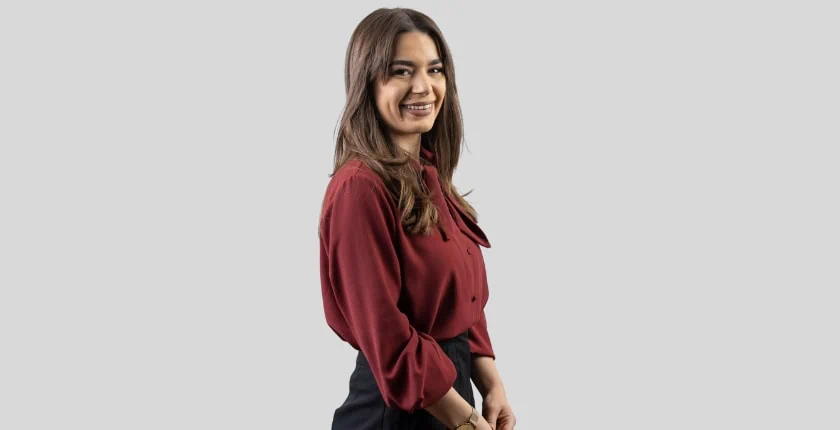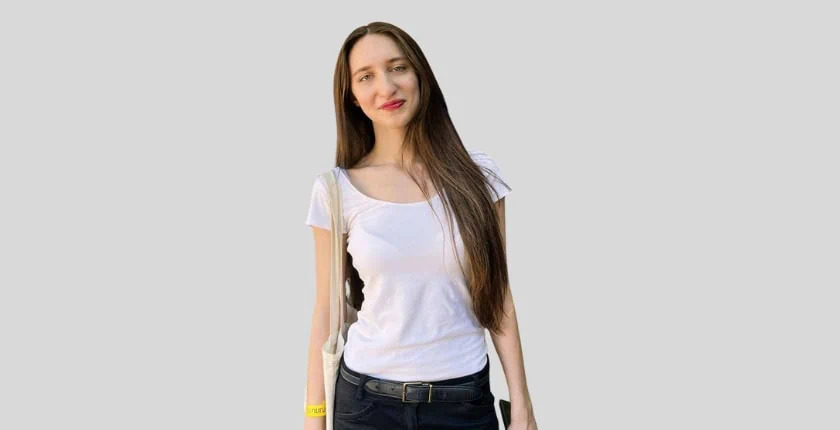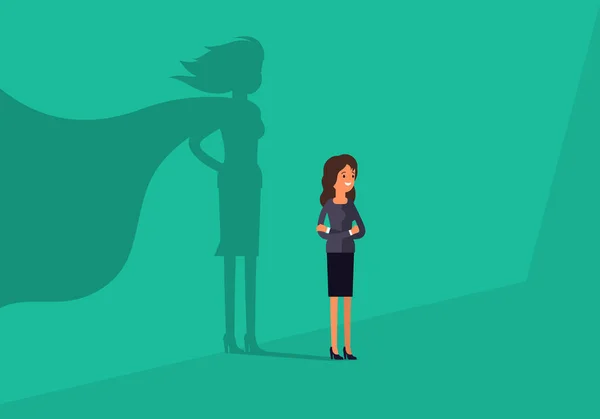How young people are challenging traditional norms of masculinity and building a more open society where emotions and gender rights are no longer taboo.
A man in the Balkans can never cry. He can never show signs of weakness or become emotional. If we replaced the word “Balkans” with the name of any place in the region, the meaning would remain the same, just as the strength of this sentence has been ingrained in our minds for generations. However, today’s Balkan men are not only challenging these stereotypes, but in their own way, they are helping to create a more tolerant society, where “being a man” no longer means hiding emotions, and “being a woman” no longer means having fewer rights or duties in society.
Gender stereotypes: A legacy from the Past
Llazar Simic, a 24-year-old student from Serbia, explains how boys are encouraged from a young age to be tough, competitive, and stoic, while showing emotions is considered a “sin.”
“This pressure can continue into adulthood, affecting their mental health, relationships, and career choices,” says Llazar, adding that the pressure on men to conform to traditional notions of masculinity can lead to a lack of emotional expression, which is harmful not only for their well-being but also for society as a whole.
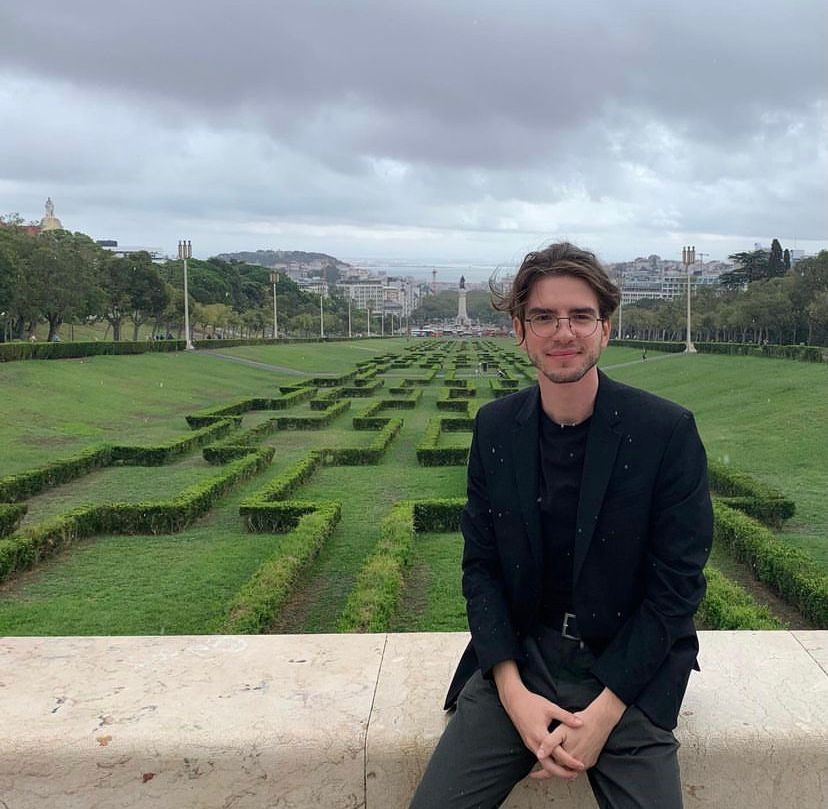
Llazar Simic(24), student from Serbia
“Similarly, it can reinforce restrictive roles for women and limit the potential for genuine equality and mutual respect. This is especially visible in some parts of the Balkans,” Llazar adds.
In Western Balkans, gender stereotypes are almost identical, and today’s men face pressures from the past.
Kristijan Trajchov, a 24-year-old journalist from North Macedonia, says men often feel pressured to do things that were traditionally performed by men in the past.
“So, even in the present, there is a stereotype that certain things can and must be done only by men and certain things only by women, which is a wrong view of things,” Kristijan said.
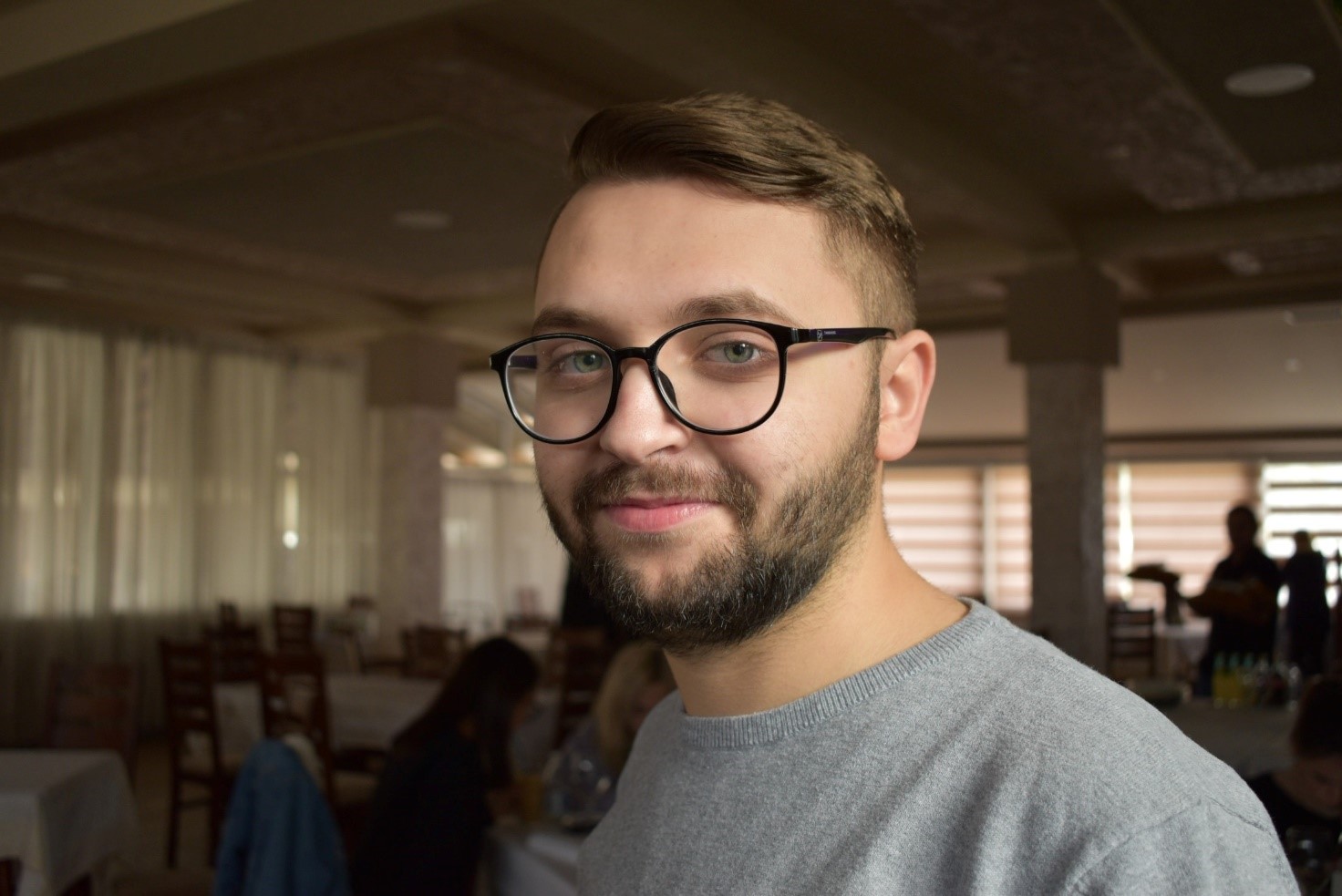
Kristijan Trajchov (24), journalist from North Macedonia
“In general, families in Macedonia always expect more from men simply because they are men, and expectations of them are higher, which is not right. Very often, women are underestimated just because they are women, and their qualities and skills are not evaluated in the situations where they demonstrate their knowledge and skills. As long as this thinking does not change, society in Macedonia will hardly progress in many fields,” Kristijan adds.
Changing mentalities in the Balkans: A challenge for the new generation
Nikolla Xhimitiku, a fifth-year medical student at the University of Medicine in Tirana, says that many gender-based stereotypes were created in a certain context where men had to be “strong.” He adds that men and women in society were shaped differently, leading to differences in their gender roles. However, he believes illogical stereotypes must be fought.

Nikolla Xhimitiku, student from Albania
“Therefore, not all stereotypes need to be fought against. For the illogical stereotypes, the only answer is education, but everything must be done carefully because only a thin line separates correction from eternal absurdity. We can give freedom to people to live certain lifestyles, but that doesn’t mean we should prohibit society from having expectations,” Nikolla says.
Meanwhile, Llazar argues that the roles assigned in society, where the man is the head of the family who provides financial support and must make difficult decisions, stem from old patriarchal structures.
“However, these expectations don’t reflect the reality of today’s world, where roles and responsibilities can be more diverse and flexible,” says Llazar.
Kristijan Trajchov notes that gender stereotypes portraying men as the “big figure” during times when they were expected to go to war and defend their homeland have contributed to the expectations that men should know everything and be able to do everything.
“This is perhaps the main reason for the underestimation of women and their degradation. The man is simply expected to be the leader, to know everything, to be able to do everything, unjustifiably leaving women aside and underestimating them,” he says.
In the Balkans, the notion that a man should never cry or express vulnerability is deeply ingrained, with the same sentiment echoing across the region. The power of this long-standing belief has persisted through generations, creating a uniform understanding of masculinity that demands emotional suppression. However, today’s young men in the Balkans are not only challenging these outdated stereotypes but are actively working towards building a more inclusive society where being a man no longer equates to hiding emotions and being a woman no longer means having fewer rights or responsibilities.
Gender stereotypes, inherited from the past, have perpetuated rigid roles and expectations. Young men across the region are increasingly questioning these norms. For instance, societal pressures to be tough and stoic from a young age can lead to significant mental health challenges and relational difficulties later in life. This pressure can also reinforce restrictive roles for women, limiting their opportunities for equality and respect. As such, many are calling for a shift in these traditional views, advocating for a society where roles are more flexible and diverse.
The challenge for the new generation is to overcome these entrenched mentalities. By rejecting outdated expectations and promoting a more equitable view of gender roles, there is a real opportunity to foster a society where everyone, regardless of gender, can thrive and contribute equally. Embracing a modern approach to gender dynamics is essential for progress, ensuring that both men and women can participate fully and fairly in all aspects of life.
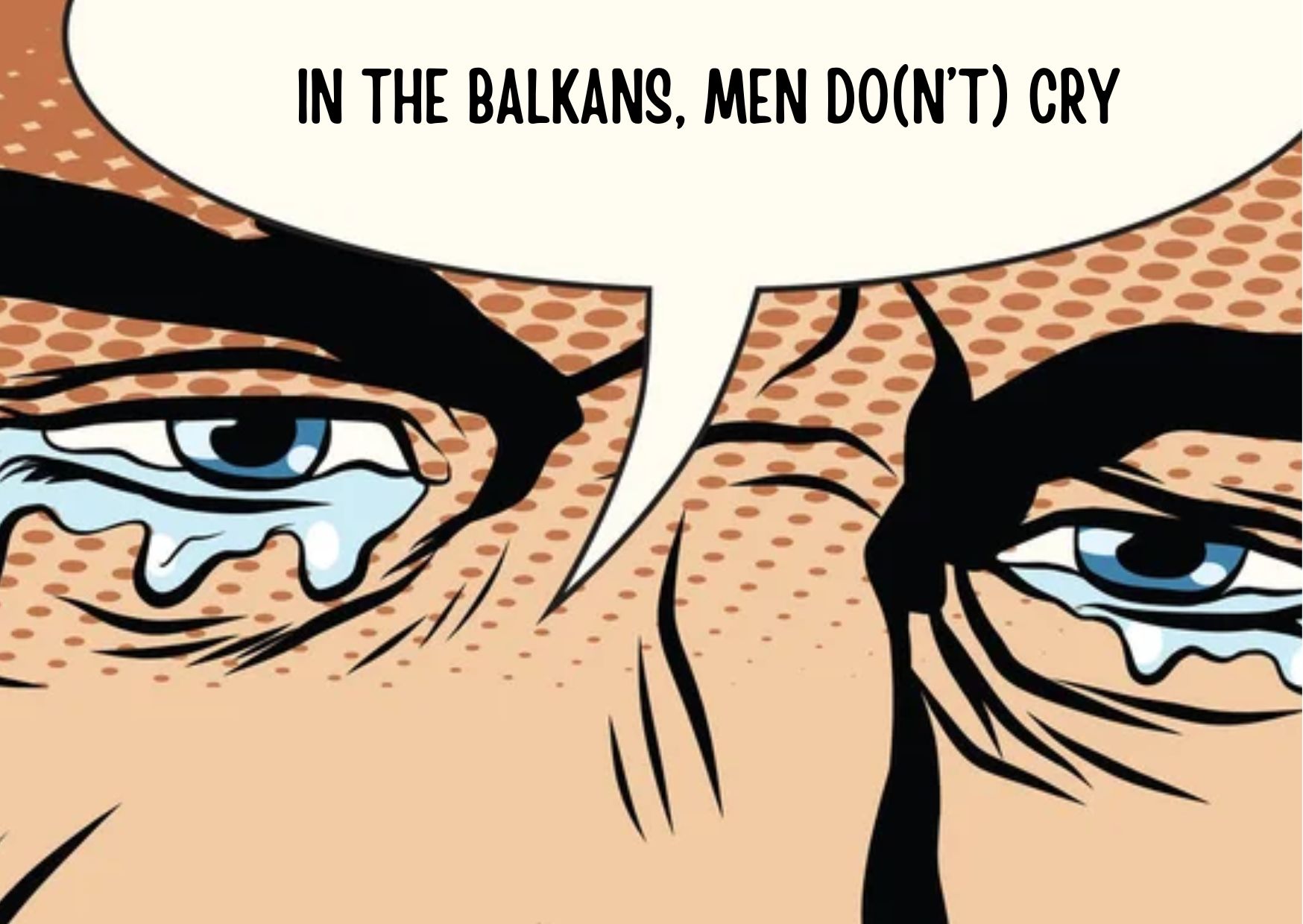
-1640434364.jpg)




